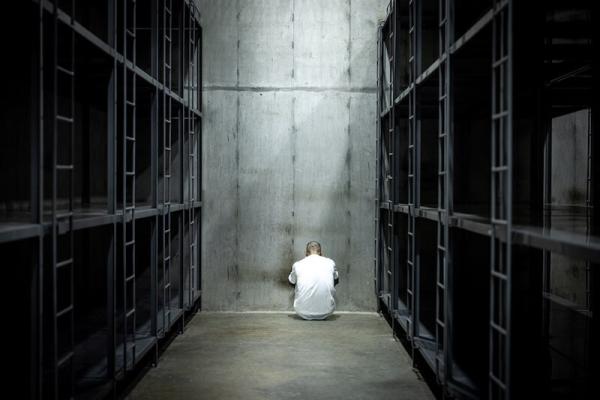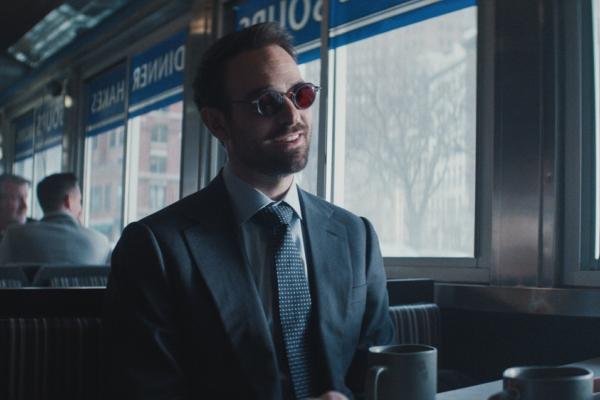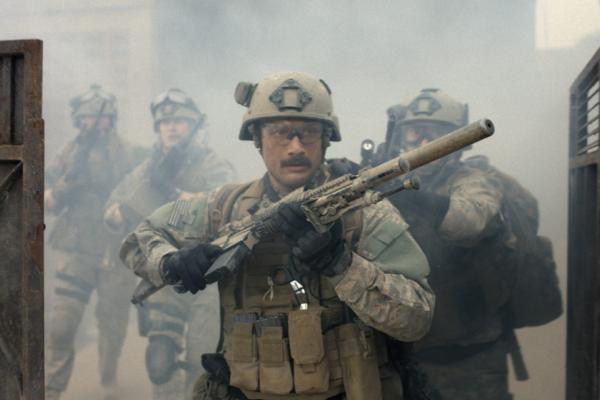My teenage daughter had her wisdom teeth extracted the same week that President Donald Trump pulled the U.S. out of the Paris climate accord. The concurrent events left my hands shaky, my voice trembling, and I can’t untangle the two extractions, both connected to the future health of my children.
My sense of disconnection began when I saw my daughter Maya after her surgery, sitting in a wheelchair, with her head tilted to the right, like a patient with a temporary but traumatic brain injury, recovering from the anesthesia.
“Stop putting your hands in your mouth,” the nurse scolded.
She then handed me a sheet of instructions typed in an 8-point font that my middle-aged eyes couldn’t read, as I watched my daughter’s hands migrate back to her mouth, stuffed with bloody gauze.
What have I done to my daughter, I wondered, even as I begged the nurse for an additional icepack, realizing that my bag of green beans in the freezer might be too unwieldy for her to use.
“Only one icepack per patient,” she said, handing my daughter a sample of Ben and Jerry’s “Cherry Garcia” ice cream and a white plastic spoon, which at least kept her hands occupied as the anesthesia wore off.
Before the surgery, I researched the pros and cons of extracting wisdom teeth: I talked to other mothers, polled adult friends, and spent hours reading competing recommendations online.
I wondered if this was how Trump felt, an insecure novice listening to both advocates and detractors of this international agreement aimed at curbing global carbon emissions. In some cases, the surgery seemed like the C-section of the mouth, an elective procedure done as a prophylaxis. Yet ultimately, my daughter decided to have the surgery, and we were lucky enough — at this point in time — to have the insurance to cover it.
Thus we began the week of healing as the media broadcast Trump’s reality-show drama that cast the climate as some meaningless backdrop for second-rate actors. I passed the time between administering dosages of oxycodone by reading predictions of this staged Rose Garden event. As I read, I wondered: How soon will my daughter heal from this extraction? And what does it mean to extract the second-highest emitter of carbon emissions from an international agreement? And why are these two extractions — on such different scales — linked in my mind forever?
* * * *
After administering meds in the middle of the night, I read worried Facebook posts from friends who have staked their lives on fighting for the climate, for children like mine, and for places they love. When Trump made his dramatic announcement, my daughter and I were in the dentist’s office for a follow-up visit, afraid that she had succumbed to the dreaded “dry sockets,” when a blood vessel dislodges from the space once held by the wisdom tooth.
As I sat on a hard Ikea plastic chair while the dentist gazed into my daughter’s mouth, Trump stood in the Rose Garden. When we drove home after the appointment, I felt relief that Maya didn’t have dry sockets and grief to learn that the president pulled out of the Paris agreement, dismissing the scientific evidence.
That afternoon, when I told my younger daughter, Annie Sky, this news, she responded in the concise words of a fifth-grader: “That’s stupid,” she said. “Why isn’t he thinking about our future?”
She’s heard about my former student, Kelsey Juliani, who is suing the federal government for failure to protect youth from the impacts of climate change. And I shared with her that elected officials across the country, including our own mayor, would abide by the recommendations of the climate agreement.
My fifth grader knows the political leanings of her classmates, assessing from informal playground polls that the majority of her friends are Trump supporters, which doesn’t stop them from being friends. My older daughter is tutoring a native Spanish speaker at her high school, with help from another bilingual student. Growing up in a rural community in Western North Carolina, my children’s world is not Trump’s divisive vision, although I worry about the impact of his decisions on their future lives.
* * * *
On the day after Trump’s announcement, Maya returned to school with ibuprofen, and I dropped off my younger daughter at the elementary school, where a teacher opened the car door and greeted her with a warm hug. My daughter folded into the teacher’s arms and then ran into the building, where 70 percent of the students in our community receive free or reduced lunch.
In the car, I listened to an interview with California Gov. Jerry Brown, declaring that his state could adhere to the Paris agreement and grow a strong economy. Pausing the car at a yield sign, I looked left and right and left again, lifted my foot off the brake, and heard the sound of metal on metal: I had rear-ended another car, while listening to Brown berate the president’s ill-informed decision.
My hands shaking, I followed the car in front of me to the parking lot of the Family Dollar and jumped out, eager to apologize, as the fender bender had clearly been my fault.
“Are you OK?” asked the other driver, a woman about my age, dressed in workout clothes with her hair in a ponytail.
Before I could speak, I started sobbing in the Family Dollar parking lot, for no visible reason. Our cars were fine. No one was hurt. But I was shaken.
“It’s OK, everything will be OK,” she said.
Leaning forward, she held me for a moment. “You take care of yourself now. You must have had something you needed to get out.”
I stopped crying long enough to respond to her generosity, wiping the tears from my cheeks. “Yes, you take care of yourself too.”
We hugged again in the parking lot, along a busy four-lane road in Western North Carolina, the lush, green mountains providing healing and connection between us on a clear, blue Carolina day.
Got something to say about what you're reading? We value your feedback!







